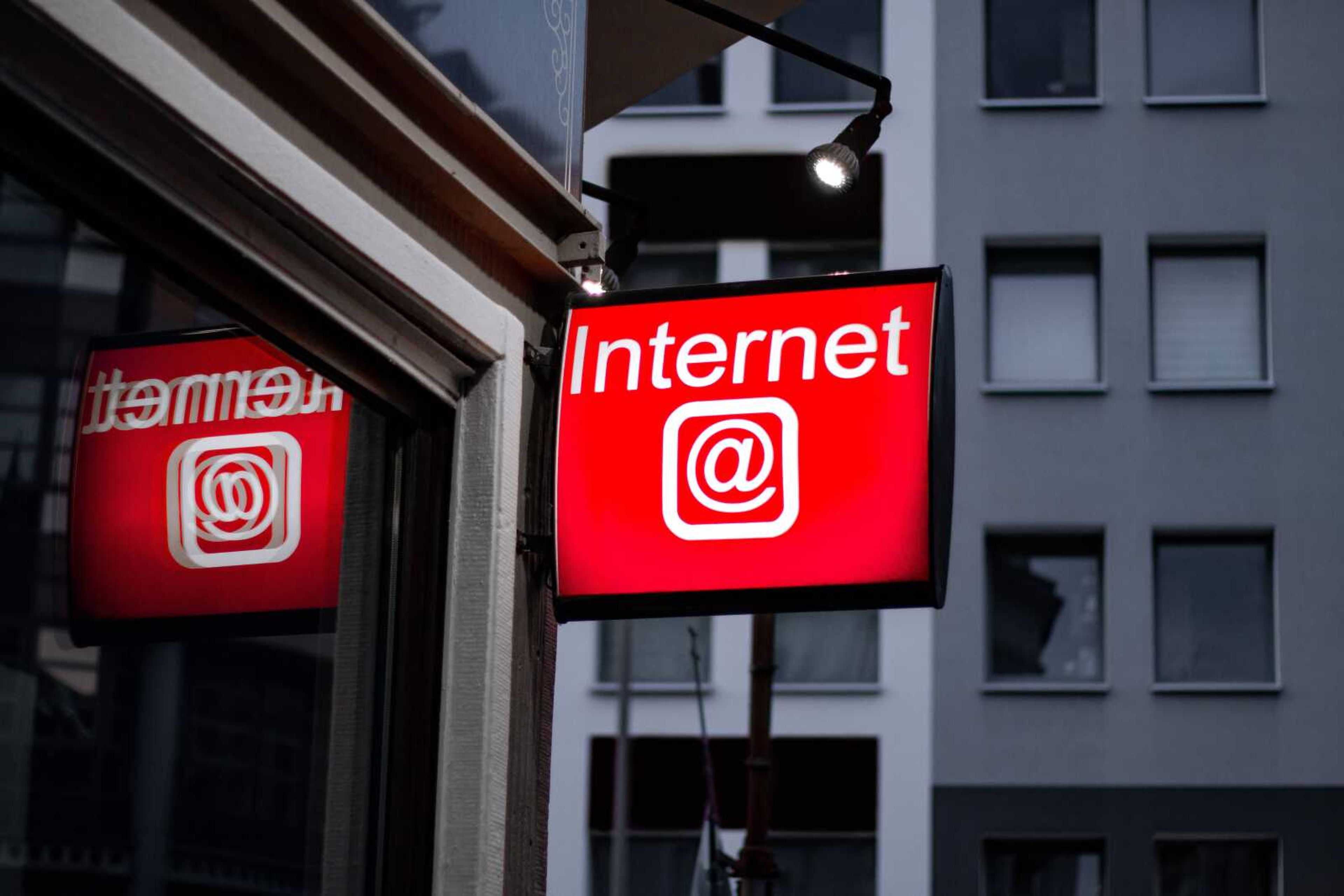Guest Column: Amid a pandemic, deploying rural broadband in Missouri is more important than ever
Access to high-speed broadband internet is not simply nice to have, it is a necessity in the 21st century. Investing in the expansion of rural broadband is as vital as the rural electric and telephone networks were decades ago. The coronavirus pandemic has introduced new challenges to our way of life. ...
Access to high-speed broadband internet is not simply nice to have, it is a necessity in the 21st century. Investing in the expansion of rural broadband is as vital as the rural electric and telephone networks were decades ago. The coronavirus pandemic has introduced new challenges to our way of life. Social distancing guidelines put in place to help slow the spread of the coronavirus have caused millions to work from home and have caused widespread school closures nationwide. If you have access to high-speed broadband internet, you can continue your education through distance learning, continue to access critical medical services remotely using telemedicine, or continue to run your business, and keep your staff employed, from your home.
The unfortunate truth is that millions of Americans working, going to school, and living in America's heartland still don't have access to high-speed broadband internet e-Connectivity. In fact, of the 21 million Americans who lack high-speed broadband internet access, 80% are in rural areas and on tribal lands. The impact of this divide is so much more than an inconvenience -- it is devastating to the quality of life and overall prosperity in America's rural communities, and therefore America as a whole.
Americans in rural communities, like some of the farmers and ranchers in Missouri, are often denied access to new technology simply because they do not have a reliable internet connection. Businesses in rural Missouri are losing out on access to new markets through e-commerce.
For children living in the small towns of rural Missouri, the lack of access means some kids are doing their homework in parking lots of fast-food restaurants -- or not at all. That's why President Trump's initiative to expand access to broadband is so important.
USDA has nearly $1.1 billion available in new loans, grants and loan/grant combinations to deploy this critical infrastructure. Congress appropriated $100 million of that in the Coronavirus Aid, Relief and Economic Security (CARES) Act signed into law by President Donald Trump. The demand for these critical resources is tremendous. When we closed the second-round application window on April 15, we had 172 applications across 41 states and Puerto Rico totaling $1.57 billion.
USDA is now beginning to announce investments we were able to make under the CARES Act Reconnect Funding. In rural Missouri, Big River Communications will use a $2.9 million grant to deploy a fiber-to-the-premises (FTTP) network to connect 4,839 people, 54 farms, 27 businesses, two public schools and one fire station to high-speed broadband internet in Cape Girardeau County.
As we continue to announce the CARES Act of recipients, USDA will look for ways we can be better partner with community leaders, just like Big River Communications, in rural communities across the country.
In this national emergency, having access to high-speed internet means kids can go to school virtually. It means our parents and grandparents and neighbors, friends and family can visit their doctors without entering a potentially dangerous environment. Having a high-speed internet connection means America's employers -- both big and small -- can keep payrolls running, and American workers can continue to do their jobs from home. Rural America and the people who call it home should have these opportunities to continue with life's obligations just as America's urban and suburban communities do.
I am so proud of our rural communities, including those in Missouri, that have been working day in and day out, just like they always do, producing the food, fuel and other products America depends on. We need rural communities more than ever during these trying times. Expanding access to broadband infrastructure will help ensure rural America prospers for years to come. USDA will continue to work at the direction of President Donald Trump to ensure all Americans have access to broadband connectivity and are not left behind in the modern economy that depends on e-Connectivity.
Sonny Perdue is the U.S. Secretary of Agriculture.
Connect with the Southeast Missourian Newsroom:
For corrections to this story or other insights for the editor, click here. To submit a letter to the editor, click here. To learn about the Southeast Missourian’s AI Policy, click here.










